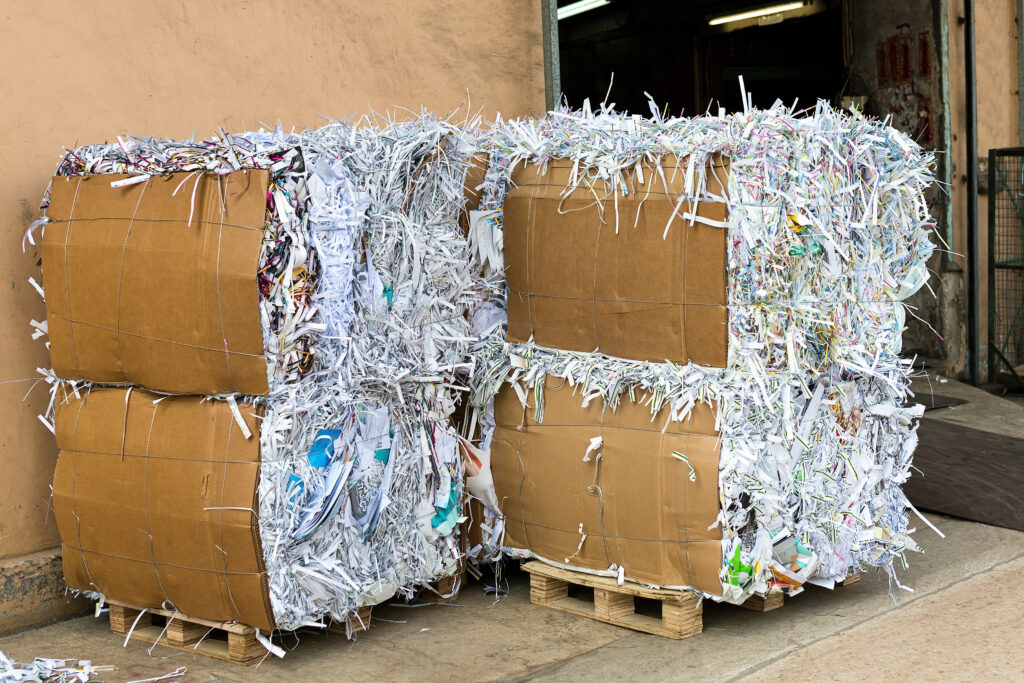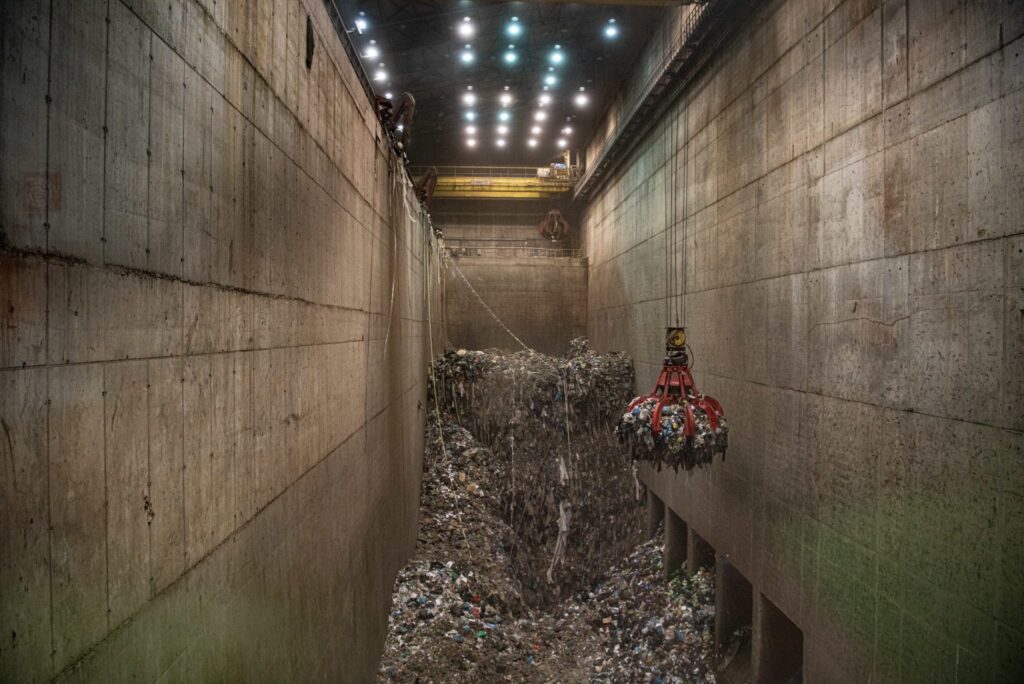MVV Environment’s Devonport Docks facility in Plymouth will process around 163,000 tonnes of municipal waste on behalf of the South West Devon Waste Partnership, an organisation which includes Torbay, Plymouth and Devon county councils.

It comes as part of a major 25-year, £796 million deal, which was signed between the Partnership and MVV in March 2011 and represents the German firm’s only PFI contract in the UK (see letsrecycle.com story).
Surplus capacity for the plant is due to be filled by commercial and industrial waste contracts from within the same catchment area as the Partnership.
The plant originally began accepting waste in September 2015, but this latest announcement marks the switch-on of the facility’s combined heat and power (CHP) capability.
Under an energy services agreement with the Ministry of Defence, MVV Devonport will supply 24MW of electricity and steam to the adjacent Naval Dockyard, the largest naval base in Western Europe (see letsrecycle.com story).
District
Speaking to letsrecycle.com today, Paul Carey, managing director of MVV Environment Devonport, said plans to develop a local district heating scheme for residents living close to the site were again “under review”.
The strategy was previously thought to have been scrapped, following a feasibility study with Plymouth city council which found the size of the heating scheme would make it impracticable.
The plant is also one of the more recent energy from waste facilities in the UK to gain full R1 accreditation, despite being listed in recent Defra documents has having only achieved ‘design status’. The accreditation means the treatment process can be classed as a ‘recovery’ rather than ‘disposal’ process.
Mr Carey said: “This facility is among the top plants of its kind in Europe with regards to energy efficiency and technical standards. It offers a highly modern, clean and sustainable solution for the waste from Plymouth, Torbay and South Devon and uses the energy stored in the refuse to generate electricity and steam.”
He added: “Sustainability and a close link to the local community have always been main concerns during the development. Within the last four years, we have become an integral and acknowledged part of the Plymouth landscape.”
Projects
MVV Environment recently completed development of a 177,000 tonnes-per-year capacity waste wood biomass plant at Ridham Dock in Kent.
And, the firm is one of four companies shortlisted in the final stages of bidding for Dundee City and Angus councils’ joint residual waste treatment contract, alongside Amey, Suez and Veolia.
The successful bidder will begin servicing the contract in 2017 for a period of 20-25 years.










Subscribe for free